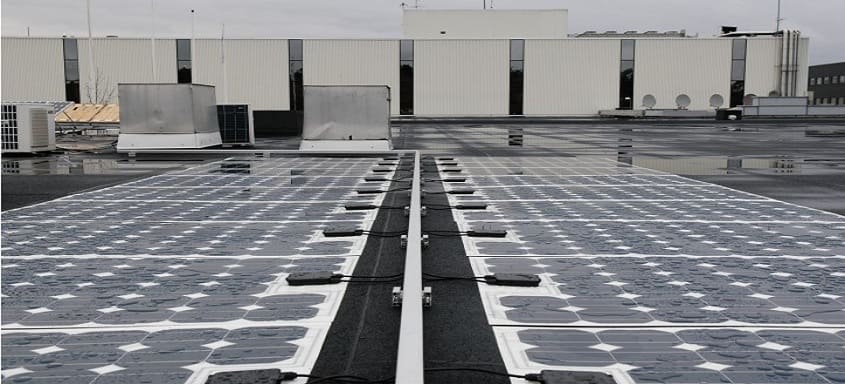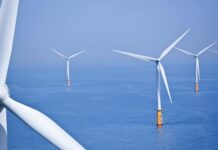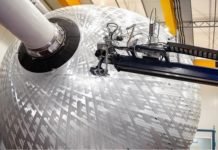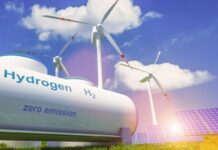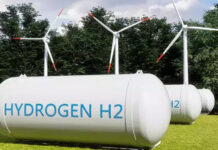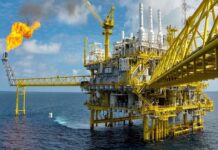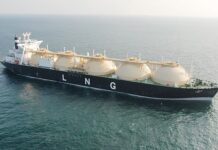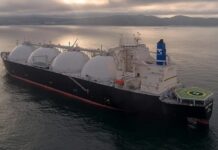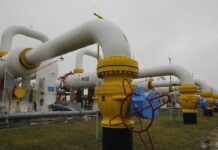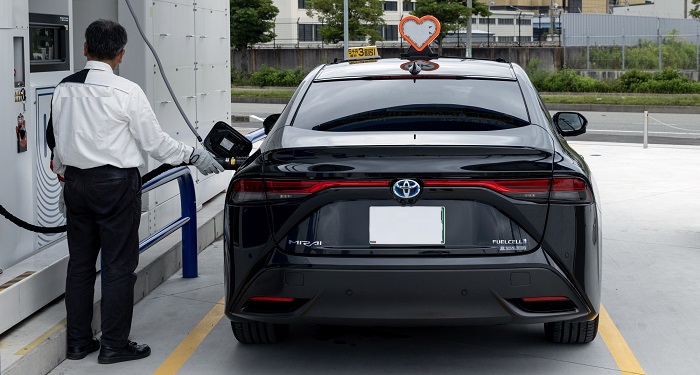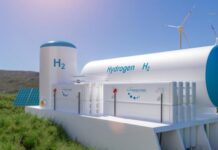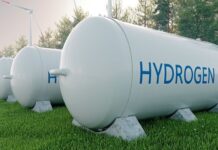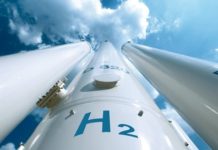In 2017, Japan took a pioneering step by creating a national hydrogen strategy, vowing to revolutionize the development of cleaner fuel technologies, encompassing production, transportation, and storage. This strategy aimed to leverage hydrogen, a fuel that only emits water when burned. However, nearly seven years have passed since this commitment, and the reality is not entirely aligned with the politicians’ aspirations.
MK West Group, a distinguished taxi operator situated in Kobe, a city renowned for its exceptional marbled beef rather than its passenger cars, exemplifies the challenges faced. The company, known for its fleet of luxury vehicles and impeccably dressed drivers who adopt a chauffeur-like approach, has incorporated environmentally-friendly cars into its services, including hybrid versions of Toyota Motor Corp.’s esteemed models like Crown, Camry, Alphard, and Lexus.
Approximately two months ago, MK West Group took a stride towards sustainability by adding two Toyota Mirai hydrogen fuel cell vehicles to their collection. However, the experience has not lived up to expectations. It’s not that the cars themselves lack appeal; on the contrary, they are attractive mid-sized sedans with the luxurious touch of Lexus. The issue lies in the exorbitant cost of hydrogen, which MK West Group believes should receive more substantial government subsidies if the nation genuinely intends to adopt it as a viable green-energy solution.



